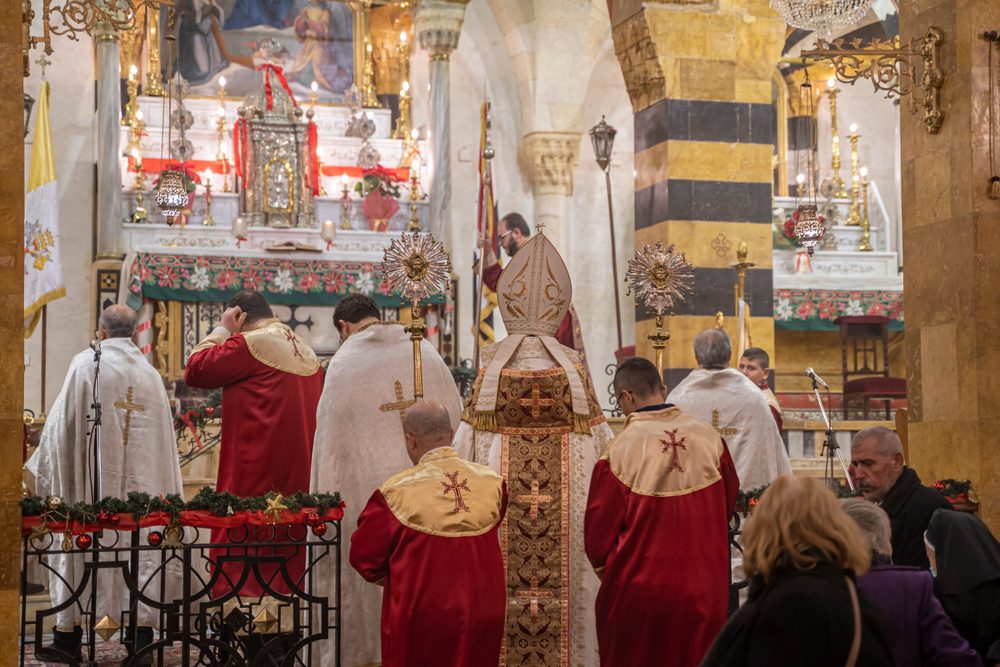
As the Christmas and end-of-year fundraising campaigns are in full swing, the public news channel Arte has just informed L’Œuvre d’Orient, a century-old charity dedicated to supporting persecuted Christians in the East, that it will not broadcast the charity’s commercials, even though they were duly commissioned and paid for. Arte is supported by both the French and German governments as a tool for European cooperation.
L’Œuvre d’Orient is a charitable organisation founded in France in 1856, at the time of the Crimean War when France played the role of protector of the Christians of the Ottoman Empire. It was founded by the French Catholic elite of the Second Empire, with the support of major intellectual and spiritual personalities of the time, including the thinker Charles de Montalembert and the legitimist Alfred de Falloux, Minister of Public Instruction. Its first director was Father Lavigerie, future cardinal and archbishop of Algiers. Today, in line with its founding, its objective is to help persecuted Christians, mainly in the Middle East and Africa. It is now present and active in 23 countries.
Because of the conflict between Armenia and Azerbaijan and the war raging between Russia and Ukraine, where the charity is also present, a major publicity campaign had been planned. Numerous media outlets were approached and agreed to the broadcasting of purchased donation spots: French public television (France Télévision), public radio (Radio France), and also the RATP, the Parisian transport company. Other national media outlets have granted free advertising slots. The Franco-German channel Arte was approached and initially agreed but withdrew on Tuesday, December 20th. To justify its refusal, the head of the channel put forward its vague “Franco-German internal requirements,” according to which broadcasting such advertising clips would be inappropriate.
The shocking point is that the spots were paid for by L’Œuvre d’Orient, which did not ask Arte for any favours. What is even more incomprehensible is that the cause of the ‘Christians of the East’ is well-known by the French public and it benefits from popular enthusiasm: a survey in March 2022 revealed that 70% of French people questioned knew the importance of this cause and supported it.
In 2020, a similar controversy arose when the radio station France Inter refused to broadcast advertisements—even though they had been paid for—for the same charity, on the grounds that they mentioned the expression ‘Christians of the East,’ which they said was likely to “shock the religious, philosophical or political convictions of the audience.” Faced with significant protests, the radio station finally reversed its decision.
L’Œuvre d’Orient appealed to Arte’s director, but its repeated appeals went unanswered. The charity said it wished to avoid any public controversy, but the damage is done. The brutality of the method used by a channel that on other occasions takes pride in the quality of its content and its intellectual openness sends shockwaves through the Catholic world and beyond at a time when the first victims of this form of censorship are the suffering populations for whom the funds are intended.
